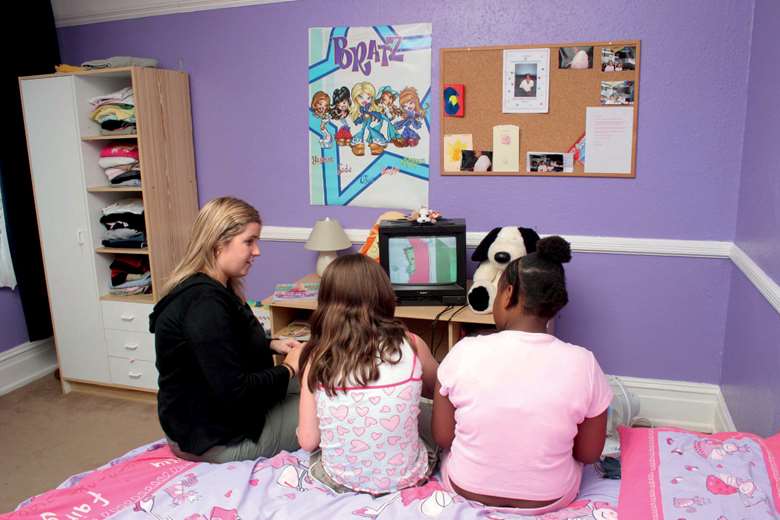Children in residential care must be listened to, MPs told
Neil Puffett
Friday, November 8, 2013
Proposed government reforms of the residential care system do not focus enough on listening to children, a group of MPs has been told.

Members of the Education Select Committee, which is holding an inquiry into the proposed reforms, were told that while they represent progress, they need to go further in ensuring children’s wishes are taken into account.
The Department for Education’s proposed package of reforms to tackle “system-wide failings” in residential care include allowing Ofsted to refuse to let new homes open in areas that are unsafe, and tougher entry-level qualifications for residential care staff.
There will also be a requirement on children’s home providers to tell councils when children move in from other council areas.
Children's Rights Director for England Roger Morgan, said that young people generally favoured many of the reforms but wanted to be listened to more, and have their views taken into account.
“One of the messages we get from children time and time again is the extent to which they are listened to, and the degree to which their views are factored in,” Morgan said.
“I would like to see more in the proposals specifically on asking children what they think and listening to what they are saying.”
Morgan said this can be achieved by giving independent reviewing officers (IROs) a statutory duty to challenge local authorities if a child’s view is not taken into account against their best interests.
“At the moment they [IROs] can challenge, but there has been a lot of feedback that they are being fettered in that duty,” he said.
“There should also be a statutory duty on local authorities receiving a challenge to resolve it in the best interests of the child, rather than based on other factors such as policy or finance.”
A National Children’s Bureau report published in August found that heavy caseloads mean many independent reviewing officers (IROs) are unable to fulfil their potential to help children in care.
Tom Rahilly, head of strategy and development for looked-after children at the NSPCC, told the committee that the “quality of relationships” between children in residential care and those working with them should also be central to any changes to the system.
“In work we have done which has focused on children who go missing from care, children talk about desire for a relationship with someone they trust and can turn to, someone that understands their needs and feel they can confide in.
“The proposed measures on [improving] qualifications are welcome but qualifications per se are not the same as the slightly more intangible factors that those relationships entail.”
The education select committee’s inquiry is looking at whether the DfE’s proposed reforms are appropriate and sufficient, and if they are likely to prove effective.




